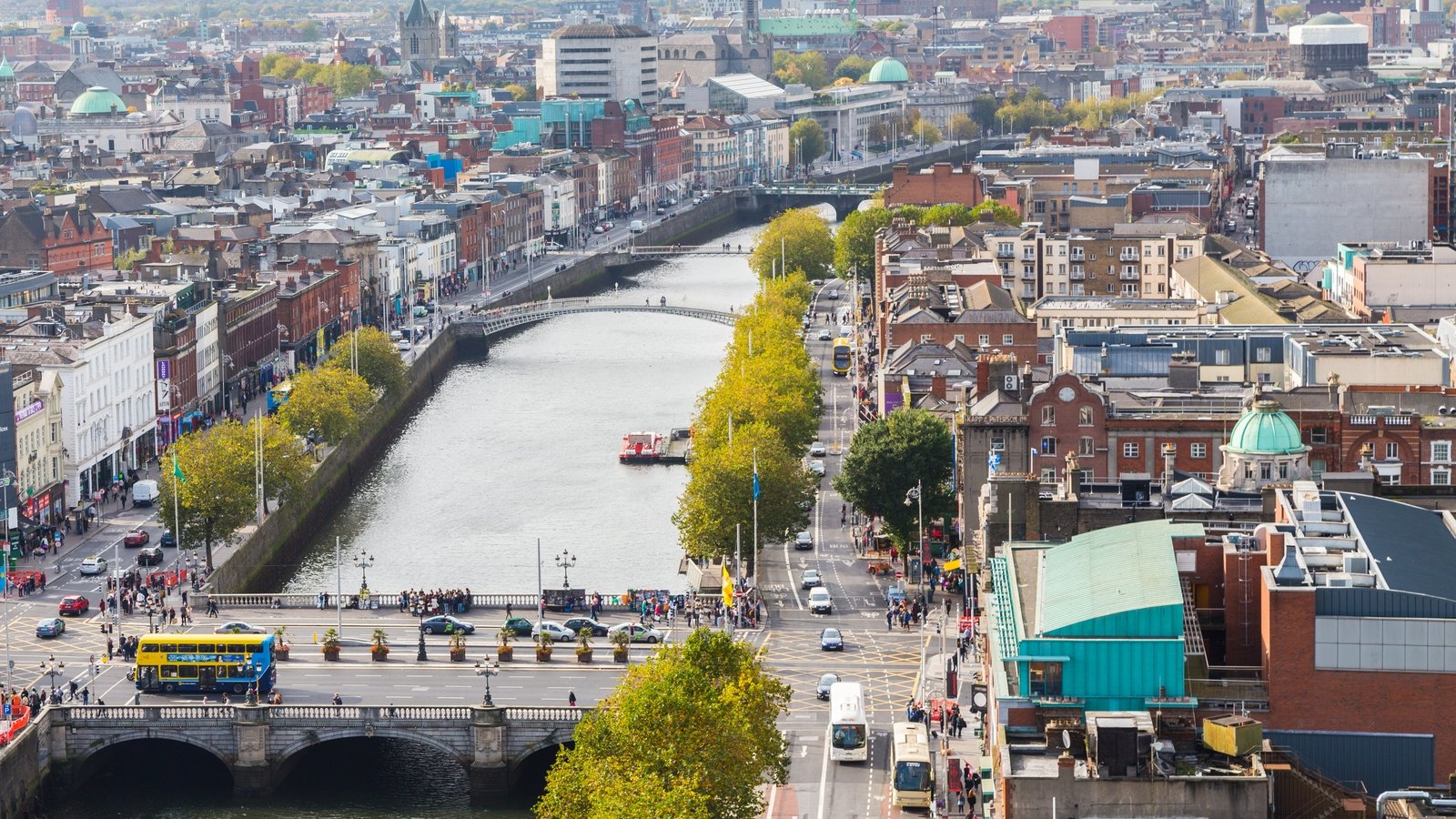
A tourist tax on hotel stays in Dublin could be implemented as early as September, as the city’s four local authorities unite behind legislation to introduce the measure.
The proposed tax would see visitors charged an additional fee on their accommodation bill, with the goal of using the funds to improve essential public services across the city and county.
According to Green Party Councillor Hazel Chu, who has been pushing for the levy, the initiative has been two years in development and has received cross-party support.
Cllr Chu said that would be enough to fund:
She also argued that many other European countries already implement similar taxes, and that improved facilities would enhance Dublin’s appeal to tourists.
She insisted the charge would be modest and targeted solely at visitors, not hoteliers.
Chu also highlighted the broader issue of local government financing, arguing that councils are too reliant on central Government and must be empowered to raise funds independently.

 www.rte.ie
www.rte.ie
The proposed tax would see visitors charged an additional fee on their accommodation bill, with the goal of using the funds to improve essential public services across the city and county.
According to Green Party Councillor Hazel Chu, who has been pushing for the levy, the initiative has been two years in development and has received cross-party support.
Estimated €12 Million in Revenue for Dublin City Alone
While the exact revenue potential remains unclear, early estimates suggest the tourist levy could bring in at least €12 million annually for Dublin city alone.Cllr Chu said that would be enough to fund:
- 250 additional street cleaners
- 50 new public toilets
- And potentially investments in tourism infrastructure
She also argued that many other European countries already implement similar taxes, and that improved facilities would enhance Dublin’s appeal to tourists.
Industry Pushback from Hotel Sector
However, the proposal has faced strong criticism from the hospitality sector. Micheál Lennon, Director of Dublin’s Skylon Hotel, said the move is unnecessary and could harm Ireland’s competitiveness.Lennon believes the focus should instead be on smarter budgeting by local councils, rather than introducing new taxes.
A Sustainable Tourism Strategy or a Burden?
Cllr Chu countered that many of the issues that impact a tourist’s experience—dirty streets, lack of toilets, and poorly maintained public areas—are the result of underfunding, which this tax could help address.She insisted the charge would be modest and targeted solely at visitors, not hoteliers.
Chu also highlighted the broader issue of local government financing, arguing that councils are too reliant on central Government and must be empowered to raise funds independently.

Proposed tourist tax could raise €12m for Dublin city
A tax on hotel rooms in Dublin is being developed by a county-wide local authority team, with suggestions it could be in place by September.









